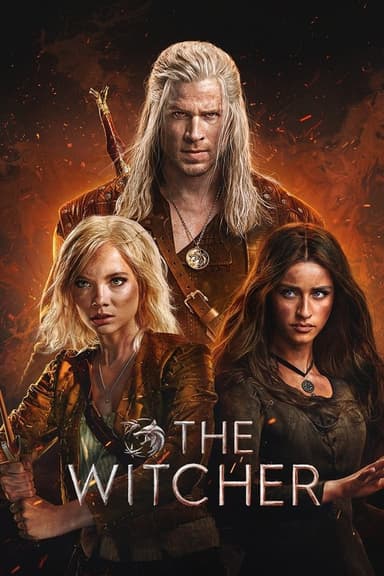
Legend of the Galactic Heroes
1988 • Animation, Drama, Sci-Fi & Fantasy, War & Politics
War rages between the Galactic Empire and the Free Planets Alliance. With two new brilliant young leaders at the helm, anything can happen in this military space opera.
Why you should read the novel
When you read Yoshiki Tanaka’s Legend of the Galactic Heroes novels, you immerse yourself directly in the author’s profound reflections on history, society, and the human spirit. Novels offer nuanced perspectives and internal monologues that reveal the motivations, doubts, and philosophies of their iconic characters more intimately than any other medium. Through words alone, the universe feels grander and the stakes more personal, creating an epic experience found only in the written narrative.<br><br>While the TV series is celebrated for its scope and faithfulness, it condenses or reinterprets some of the source material, occasionally streamlining dialogue, omitting minor subplots, or simplifying complex political exchanges. Reading the novels delivers the unabridged richness of Tanaka’s world, allowing readers to appreciate the interwoven threads that make the saga so intellectually compelling. The novels invite you to become an active participant, piecing together schemes and histories at your own pace.<br><br>In delving into the origin of the Legend, you discover subtle philosophical arguments, alternate histories, and vivid explorations of the characters’ choices—often with additional context or reflections far deeper than visual adaptation can provide. To truly grasp the essence of this universe, start with the novels, where every line brings Tanaka’s grand vision to life.
Adaptation differences
One major difference between the TV adaptation and the novels is narrative depth, particularly regarding the characters’ internal thoughts and motivations. While the anime faithfully follows the major events and faithfully represents the complex political landscape, the novels provide far more insight into why characters act the way they do. Through inner monologues and exposition, readers gain invaluable understanding of personal philosophies, doubts, and the subtleties behind key decisions, which often remain unspoken in the animated series.<br><br>The novels also feature additional backstory and world-building. Characters like Reinhard and Yang receive more elaborate histories, and there are supplementary anecdotes and side stories expanding the universe’s depth. Some secondary characters and minor plotlines—such as politics within the FPA or the daily lives of soldiers—are explored with more detail and nuance, enriching the context and scope in a way that the television pacing cannot always accommodate.<br><br>Several philosophical and political debates are covered more extensively in prose, including discussions about democracy, autocracy, and the cyclical nature of history. In the TV series, these are sometimes condensed or visually implied, whereas in the books, they are often the centerpiece of chapters, allowing the reader to fully digest Tanaka’s intentional social commentary and ethical dilemmas.<br><br>Finally, the pacing differs between mediums. The TV series streamlines and sometimes rearranges events for dramatic effect or to maintain visual interest. As a result, certain story beats are accelerated or merged, and some interactions are omitted entirely. The novels’ richer, slower development invites more reflection and provides a stronger sense of immersion, making them the definitive version for those wanting the complete Legend of the Galactic Heroes experience.
Legend of the Galactic Heroes inspired from
Legend of the Galactic Heroes
by Yoshiki Tanaka











